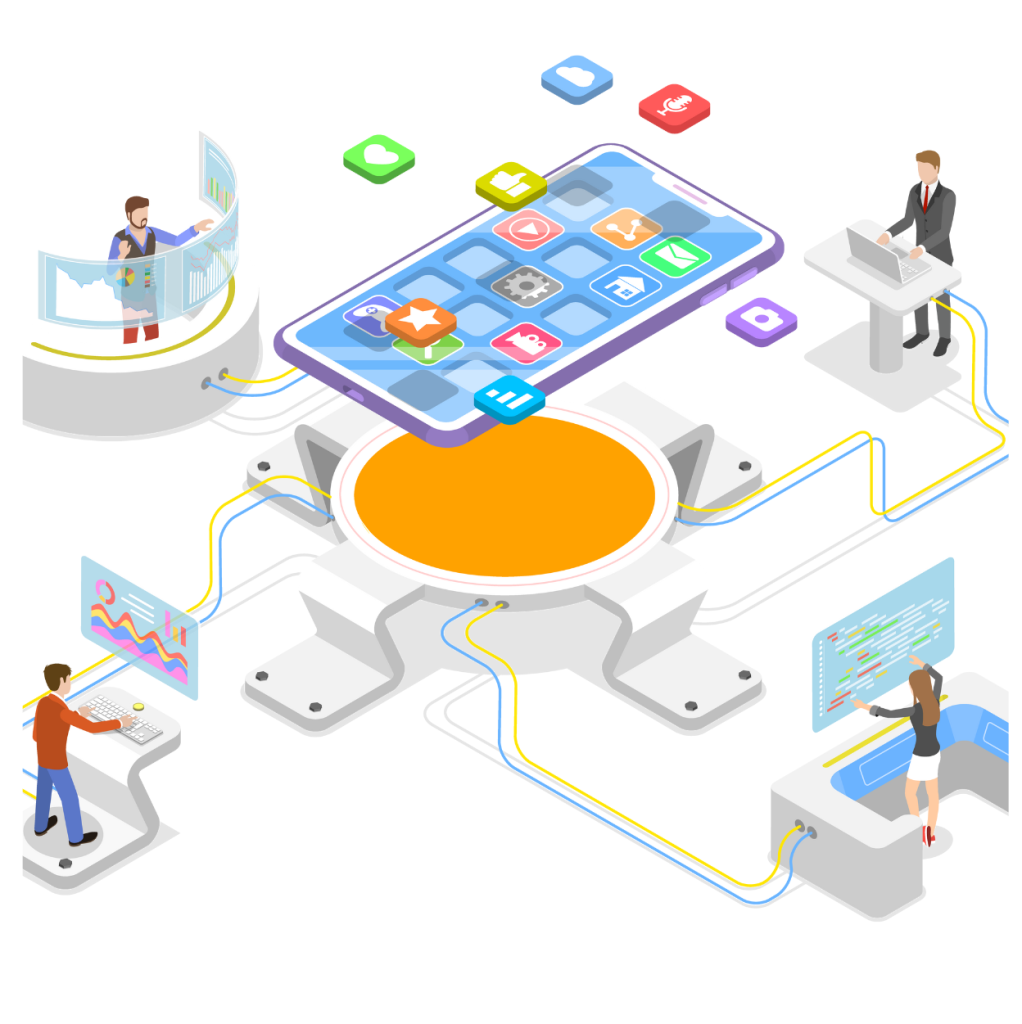Turelabs specializes in USSD (Unstructured Supplementary Service Data) services and development, providing businesses with an effective way to reach customers without requiring internet access.
USSD applications are ideal for banking, customer surveys, feedback collection, and service requests. Our USSD solutions are secure, reliable, and customizable to meet specific business requirements





